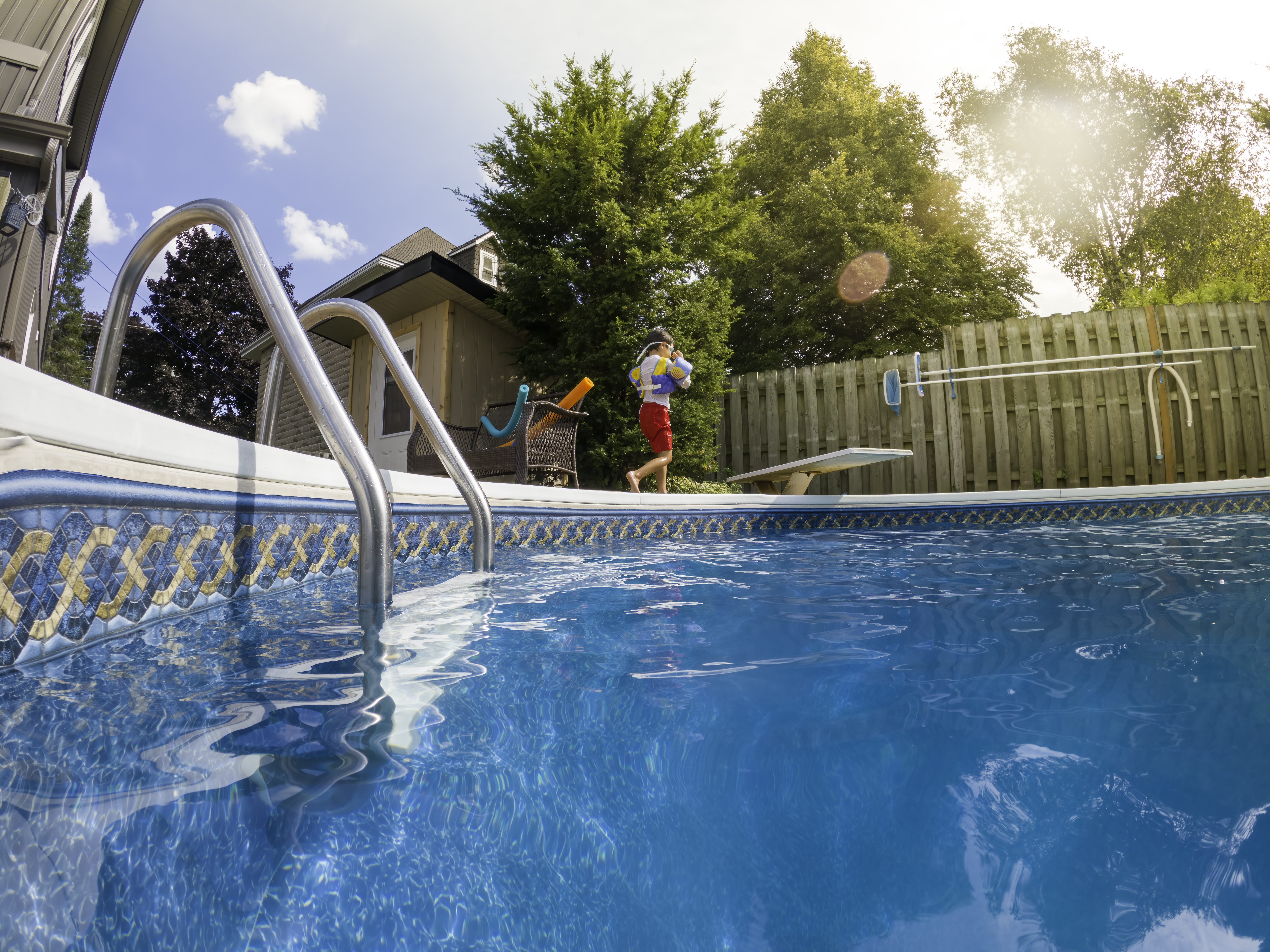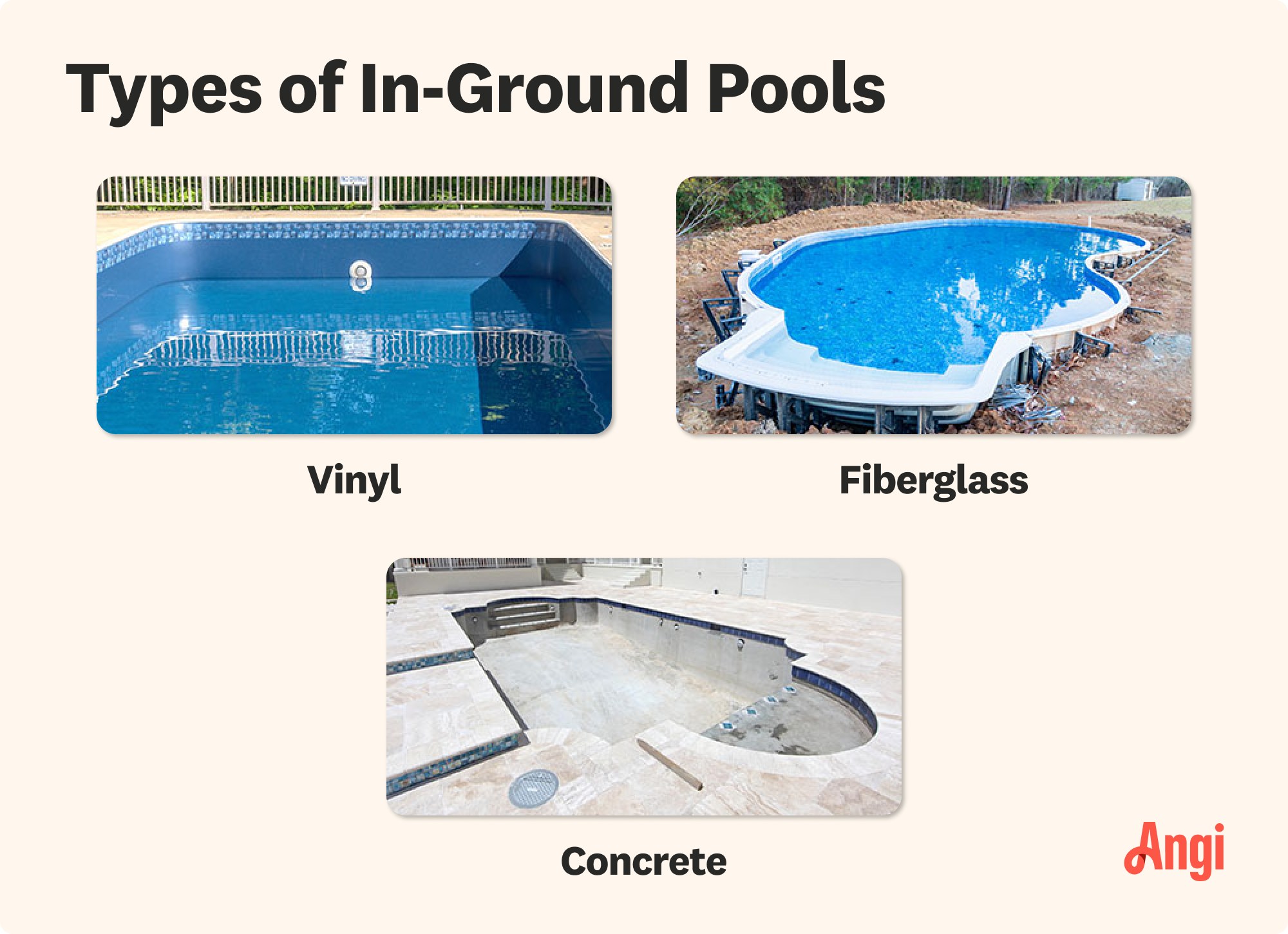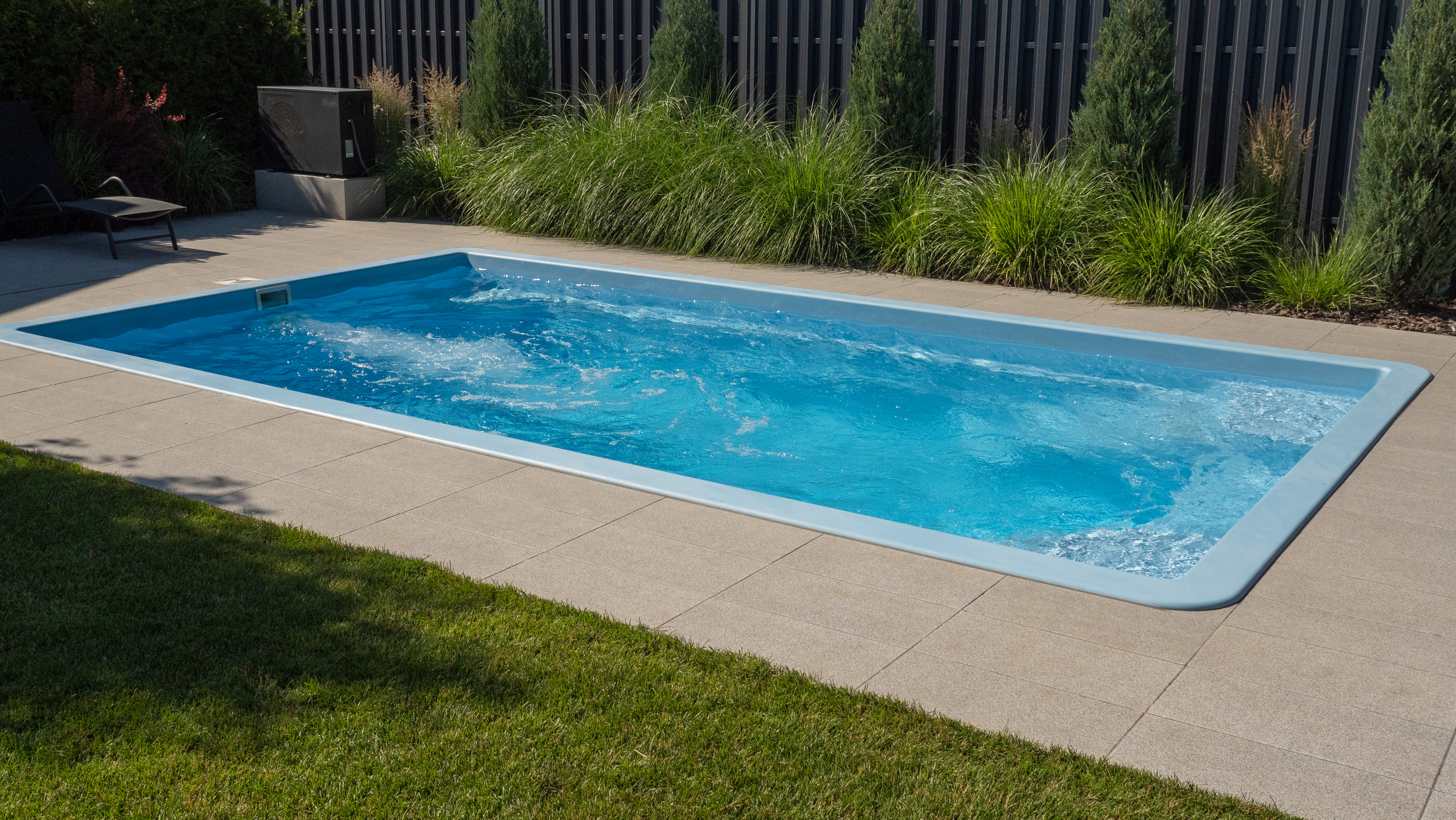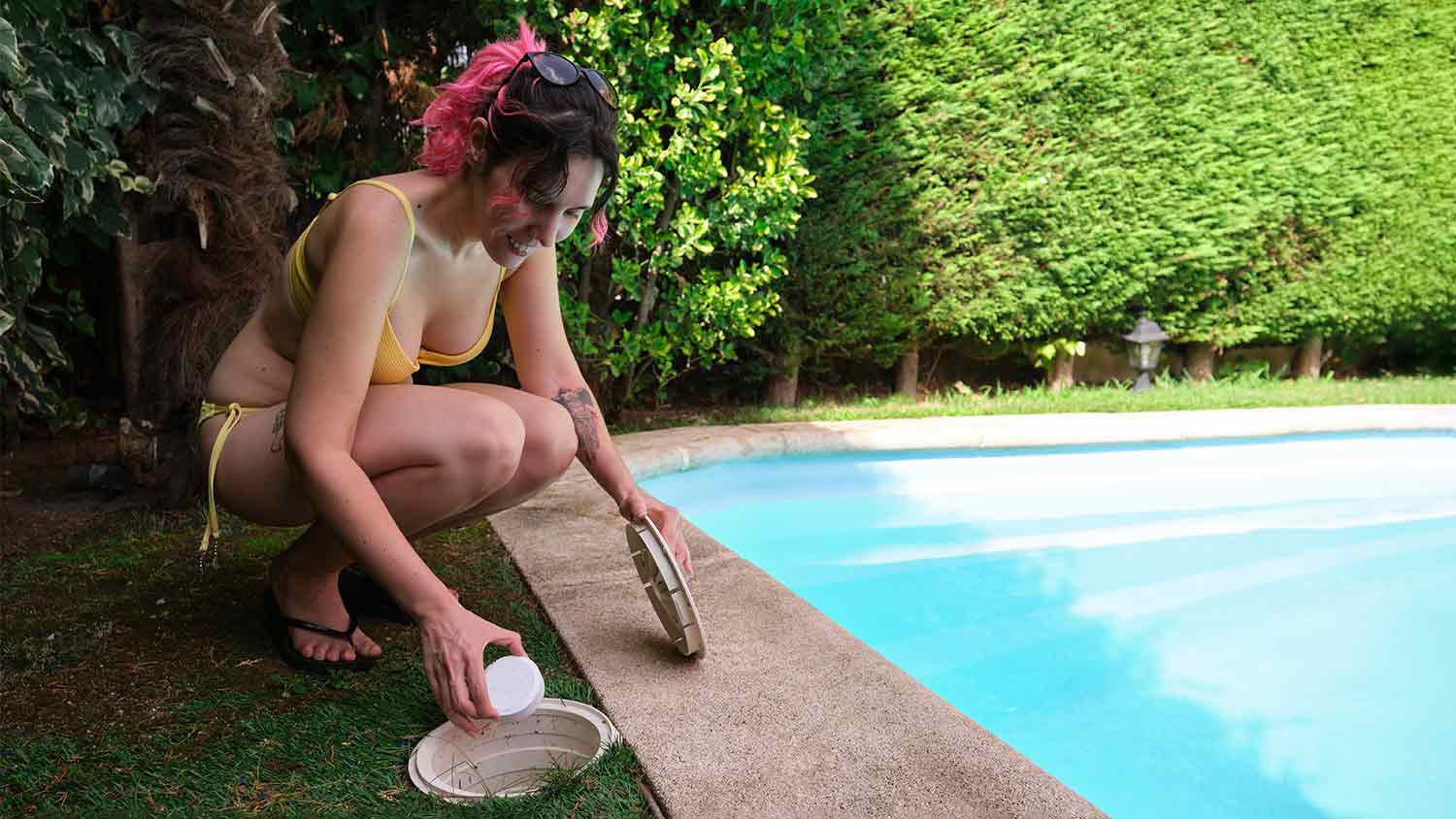
How much does it cost to fill a pool with water? It depends on the size of your pool and where you’re getting the water. This guide can help you budget.
The average in-ground pool costs $87,933 in Philadelphia, and most homeowners spend $51,383 to $136,666. This is a higher cost-of-living area, so interview multiple contractors to find the best value.


A pool heater and a hot tub add significant costs but extend the shorter swim season in Philadelphia.
In addition to a pool contractor, you might need to hire other pros like an electrician, plumber, and landscaper.
Gunite pools are the most durable, but you’ll need to carefully winterize them.
Installing an in-ground pool in Philadelphia costs $87,933 on average. Most homeowners spend somewhere between $51,383 and $136,666, but you could spend up to $250,000 for a larger luxury pool with all the bells and whistles, like a hot tub for those cold Pennsylvania winters.
Believe it or not, but Philadelphia has more public pools than almost any city in the United States. A private pool, however, is the ultimate luxury. Here’s how the costs break down.
A swimming pool installer in Philadelphia can help you choose a pool design that fits the climate and your budget. Factors like the shape, size, and material of the pool will impact the price, along with additional features like heating and hot tubs.
The size of your pool makes a big difference to its overall cost. Pools cost $55 to $200 per square foot in Philadelphia, so the larger your pool, the more you’ll pay. The shape of your pool also factors in, with kidney-shaped or figure eight pools costing more than a standard rectangle or oval shape.
| Pool Size | Average Cost |
|---|---|
| 10x20 | $11,000–$40,000 |
| 12x24 | $15,840–$457,600 |
| 16x32 | $28,160–$102,400 |
| 20x40 | $44,000–$160,000 |

Material has the biggest impact on price. Though vinyl-lined pools can save you money up front, Philadelphia has harsh winters that may cause premature damage. This means you’ll need to replace the liner sooner rather than later. Fiberglass may be a better option, though gunite (concrete) pools are the most durable. You’ll have to winterize your pool properly, or ice can cause cracks in the concrete.
| Material | Average Cost | Pros | Cons |
|---|---|---|---|
| Vinyl | $40,000–$80,000 | Budget-friendly | Damaged during winter |
| Fiberglass | $60,000–$110,000 | Durability | Limited size and shape options |
| Gunite (concrete) | $75,000–$150,000 | Long lifespan | Can crack |
In-ground pools made with sealed concrete are considerably more expensive than aboveground pools, but they also last longer and add more value to your home. Metal or resin shells are the most durable for aboveground pools, while flexible liners are more vulnerable to damage.
Though in-ground pools always cost more than aboveground pools, certain types are more budget-friendly than others. You’ll save on a standard pool or a smaller spool, which can help extend swim season because it also doubles as a hot tub.
| Pool Type | Average Cost |
|---|---|
| Spool pool | $15,000–$50,000 |
| Lap pool | $40,000–$80,000 |
| Infinity | $50,000–$150,000 |
| In-ground pool with hot tub | $50,000–$150,000 |
| Lagoon style | $100,000–$150,000 |
Before you can build your pool, you’ll need to level and excavate the land. Pool excavation costs $750 to $5,000 for most homeowners in Pennsylvania, but Philadelphia has a high prevalence of rocky and clay-rich soil, which is harder to work with. This can raise your excavation costs, but it depends on the specific property. You’ll spend another $3,000 to $4,000 to grade a sloped property.
You’ll need to balance the chemicals regularly and clean your pool. Heating costs during pool season (especially as the weather gets colder) could be significant. In Philadelphia, hire a local in-ground pool contractor to winterize your pool to make sure it’s done properly and can withstand icy temperatures. Ongoing operating costs for a pool include:
Pool maintenance costs: $130 to $150 per month
Heating a pool costs: $100 to $300 per month (during swim season)
Winterizing a pool: $200–$500 per year
Many homeowners upgrade their pool with added features. In Philadelphia, most homeowners opt to install a pool heater, since the swim season is relatively short compared to areas further south. A hot tub is an excellent addition if you want to use your pool area year-round.
| Pool Feature | Average Cost Range |
|---|---|
| Heating system | $1,600–$5,200 |
| Automatic pool cover | $10,000–$20,000 |
| Lighting | $150–$1,000 per light |
| Waterfalls | $2,000–$10,000 |
| Hot tub | $8,000–$25,000 |
| Decking | $5,000–$16,000 |
| Fencing | $1,300–$6,000 |
| Automatic pool cleaner and vacuum | $1,000–$2,000 |

Labor amounts to 25% to 55% of the cost to build an in-ground pool. Here’s how the contractor costs break down.
Most in-ground pool contractors in Philadelphia charge between $55 and $150 per hour for labor. Pool contractors should have a Home Improvement Contractor’s License through the Pennsylvania Attorney General. They may also need a Philadelphia Contractor License.
Most in-ground pool installations require a permit before you can start construction. The only exceptions are some prefabricated pools that are less than 24 inches deep and hold less than 5,000 gallons.
Building permits for a swimming pool cost $50 to $100 each, but depending on the design, you may also need separate permits for site prep, retaining walls, outdoor decks, and fencing.
You might need to hire a few extra contractors to complete your in-ground pool installation. If you’re installing eletrical, for features like a pool heater or automatic cover, the electrical work needs to be done by a licensed electrician. The same goes for plumbing work. Here are some extra contractor costs:
Electricians cost: $60–$120 per hour
Plumbers cost: $45–$200 per hour
Landscapers cost: $45–$100 per hour
When it comes to value, in-ground pools are worth more than aboveground pools. The value in Pennsylvania will vary based on the area. For example, a Realtor.com® study found that pools add 11.5% to the value of homes in Pittsburgh, which is higher than the average return on investment (ROI) for a pool of 7% to 8%.
In Philadelphia, an in-ground pool with a well-maintained pool can add more value if it’s located in an area where most similar properties have one.
Home is the most important place on earth, which is why Angi has helped more than 150 million homeowners transform their houses into homes they adore. To help homeowners with their next project, Angi provides readers with the most accurate cost data and upholds strict editorial standards. We survey real Angi customers about their project costs to develop the pricing data you see, so you can make the best decisions for you and your home. We pair this data with research from reputable sources, including the U.S. Bureau of Labor Statistics, academic journals, market studies, and interviews with industry experts—all to ensure our prices reflect real-world projects.
Want to help us improve our cost data? Send us a recent project quote to [email protected]. Quotes and personal information will not be shared publicly.
From average costs to expert advice, get all the answers you need to get your job done.

How much does it cost to fill a pool with water? It depends on the size of your pool and where you’re getting the water. This guide can help you budget.

From small leaks to broken pool pumps, how much do pool repairs cost? We'll break down what to expect from your pool repair bill no matter the size of the fix.

Lap pools are a great option if you're more interested in exercising than hanging out on a floatie. Learn all about lap pool costs in this guide.

Ready to say goodbye to your swimming pool and hello to lush, green grass? Learn how to fill a swimming pool with dirt to ensure proper drainage for an even yard.

Our chlorine calculator helps you determine the exact amount of chlorine to add to your pool, based on its volume and your desired parts per million (ppm) level.

The key to maintaining an aboveground pool is using the right tools and chemicals for the job. Use this guide to learn how to clean an aboveground pool.